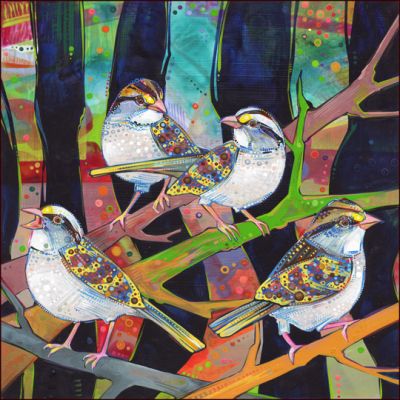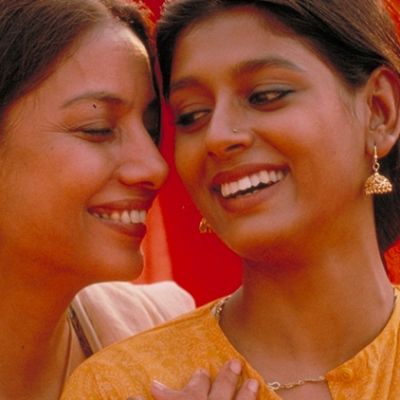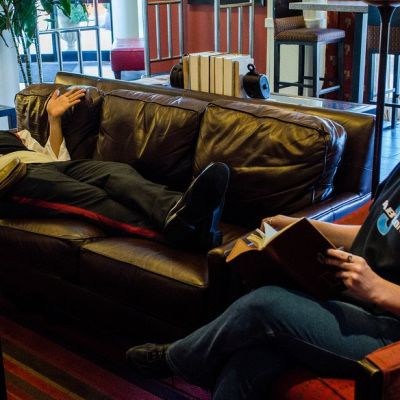LGBTQ rights
As if the challenges of parents bringing up adolescents in a world dominated by social media is not enough, the addition of teaching these parents to accept different sexual orientations and the fluidity of gender in a gender-binary world can be daunting.
As if the challenges of parents bringing up adolescents in a world dominated by social media is not enough, the addition of teaching these parents to accept different sexual orientations and the fluidity of gender in a gender-binary world can be daunting.
कुछ अधिकार ऐसे होते हैं, जिन्हें जब तक छीन न लिया जाए, उनके होने का एहसास ही नहीं होता। तुम्हारे लिए किसी लड़की को पसंद करना, प्यार में पड़ना, उनके बारे में अपने दोस्तों से और परिवार वालों से बात करना बिलकुल स्वाभाविक है। तुम जैसा सोचते हो, जैसा महसूस करते हो वह आसानी से कह सकते हो।
क्या यह मेरे पिता की गलती थी? शुरू में, मुझे लगा कि यह उन्हीं की गलती है, लेकिन फिर मुझे समझ में आने लगा कि वह स्वयं इस स्थिति में असहाय हैं।
‘Pakistan is a homophobic place,’ Karim continues. ‘As in any other conservative society, queers can have all the sex and…
As a young woman, I feel powerless to do much more than get disturbed by this issue, write about it and talk about it with as many people as I can, with the hope that more of us will get disturbed by it and become more accepting of diverse expressions of gender and sexuality.
The circulation of our bodily energies potentially ushers queer futurities. A future that is yet to come, a future in which our bodies will not be imprinted with fear. A future in which newer creative economies of desire, love, and pleasure surround us like the blue waters of the Indian Ocean. I write this brief reflection in hopes of such futures.
Celine Sciamma’s ‘Tomboy’, is a brilliantly woven tale that dissolves rigid gender and sexual boundaries and defies quite a few…
The concluding chapter reiterates the aims of the book, i.e., “to start critical conversations within the disciplines of psychology, social work, childhood studies, and family studies in India and to think about exclusions inherent in these disciplines.
When Deepa Mehta’s Fire came out in 1996, violent protests roiled India over the depiction of romance between two female leads. There is no homosexuality in India, demonstrators declared while burning effigies in the Capital. In contrast, when Margarita With A Straw came out in 2014, it received accolades for its sensitive portrayal of queer desire in a woman with disability.
In some of the country’s most conflicted regions, activism on issues of sexuality (if it’s aligned to human rights) is both a risky affair and one of secondary importance in the midst of larger socio-political and historical issues. The topic of human rights tends to center on gun violence, AFSPA, statehood and insurgency.
As a queer-feminist mental health practitioner, my way to understand realities is to examine the power relations that exist in our social locations, identities and structures.
Despite the existence of various pockets in which a Northeastern queer could possibly reclaim and celebrate their racial identity, our sexual orientation conjures an awkward indifference and discomfort within our kin.












